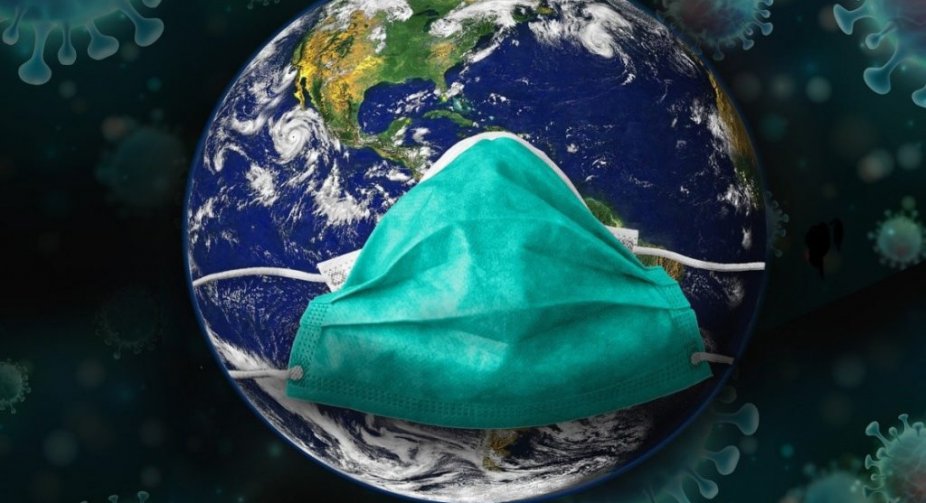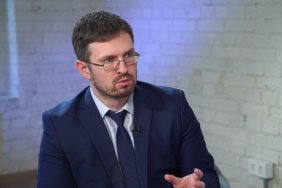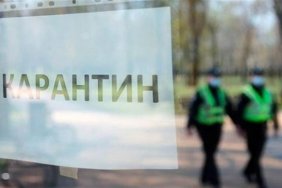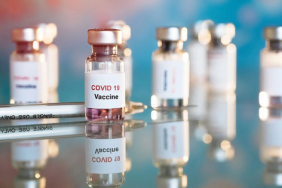The chief sanitary doctor of Ukraine Igor Kuzin said that soon the strain of the coronavirus Omicron will displace the variant Delta. This is reported by RBC-Ukraine, referring to the briefing of the chief sanitary doctor.
According to him, the peak incidence rates will come in the middle of February. "Omicron will soon displace Delta. Global trends confirm that it will take up to eight weeks for the new variant to spread," Kuzin noted.
Meanwhile, the Swedish government has announced plans to lift most restrictions against Covid-19, according to The Local.com.
Prime Minister Magdalena Andersson, Health Minister Lena Hallengren and Karin Tegmark Wisell, director general of the Public Health Agency, announced that almost all restrictions will be lifted on Feb. 9, 2022. Also, those who work at home should prepare to return to work.
"The pandemic is not over, but is entering a whole new phase. We are approaching the point where Sweden will reopen," Andersson said.
Thus, the country will once again allow mass events, lift restrictions on establishments and the requirement to provide "vaccine passports" to visit public places.
And Hans Kluge, director of the WHO Regional Office for Europe, said Thursday that the continent is now entering the "likely denouement" of a coronavirus pandemic. He said this at a media briefing, European Pravda reported, citing the AP news agency.
Kluge noted that European countries have an exceptional opportunity to take control of the transmission of COVID-19 due to three factors. These are the high level of immunization through vaccination and natural infection, the propensity for the virus to spread less in warmer weather and the less severe disease of the Omicron variant.
"This period of increased protection should be seen as a cease-fire that can bring us a lasting peace," he said.
As winter in much of Europe subsides in the coming weeks and transmission naturally declines, Kluge said, the coming spring "leaves us open to an extended period of calm and a much higher level of protection for the population against any resumption of transmission."






